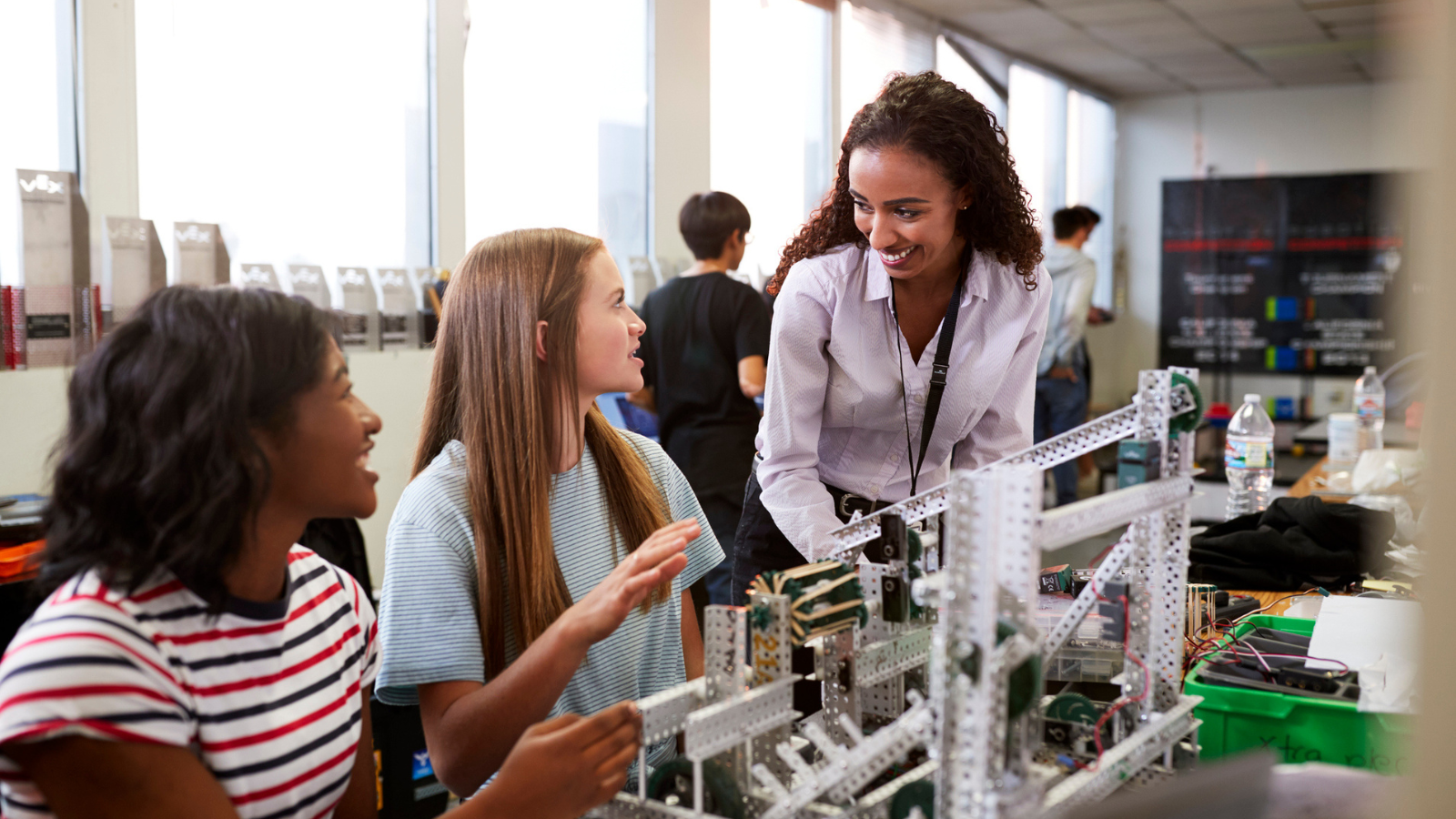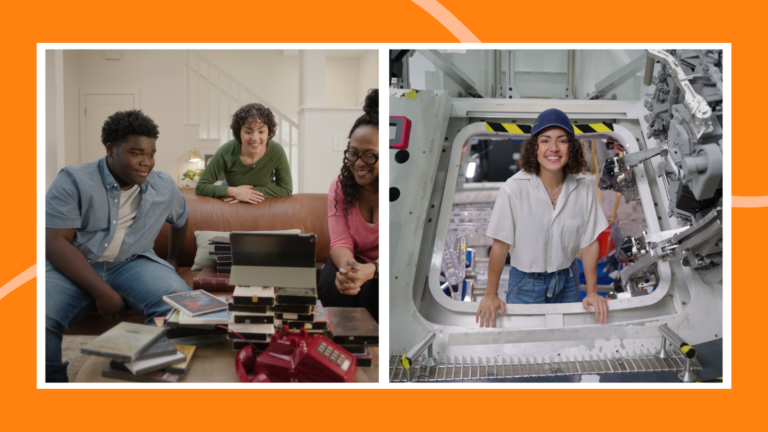Like field day or picture day, career day is a longtime staple on many school calendars. But with the dramatic changes in the job market in recent years, career preparation for students needs to evolve.
One prominent problem is the lack of connection students see between their actual school day and long-term career goals. This disconnect caught the attention of middle school guidance counselor Scott Raiola. Upon realizing this problem plagued many of his students, Scott began looking for a way to address it. He set a simple goal: to help middle school students find their “purpose” for learning.
What are middle school students thinking about careers?
Those of us who regularly work with middle grade students likely recognize the same phenomenon Scott noticed. This made me curious: If students don’t see classroom instruction as relevant to their long-term goals, what are the goals they’ve set for themselves?
I began looking for answers in this 2020 study. In the study, over 7,000 students ages 7 to 13 were invited to share their career aspirations with researchers. It was found that over half of the responses were comprised of just nine jobs! I’m sure it will surprise nobody that professional athlete and social media influencer both cracked the top five career choices.
The same study found that school is an underutilized resource in helping students explore career options. A third of the students participating shared that they learned of the career they aspire to from a family member.
In contrast, less than 1% attributed their knowledge of their aspirational career to time spent in school.
There was no overlap between Scott Raiola’s students and those participating in the study. However, he also recognized a need for increased exposure to career options. School seemed a natural place to provide them.
This knowledge of the narrow view students have of their career options gave a new layer of importance to Scott’s mission. In addition to helping students find a purpose for their time in the classroom, he could also help them connect with a career option they hadn’t previously considered, and one that might help them see the relevance of their daily activities in school.
Tackling this problem would require more than the typical one-off career day. Instead, Scott turned to a longer-term event that had the potential to reach students multiple times throughout the school year. Enter: the Guest Speaker Series.
What motivated the Speaker Series?
As a member of Scott’s school community, I was intrigued by the series. My interest was piqued when I saw the posters advertising the speakers hanging around the building. It grew as students began signing up to attend during their study hall. I wanted to learn more about how Scott put together this incredible opportunity, and how it was impacting our students.
When asked about his motivations for beginning the series, Scott shared, “At its core, the Guest Speaker Series is designed to inspire students to begin thinking about and planning their future. I believe many of our students haven’t really taken the time to consider what their long-term goals are, and even if they do, it can be pretty overwhelming for them. Hearing from real people from the community about what it’s like on a day-to-day basis to have a particular career and what it took to get there is really engaging and more approachable for students.”
Making the idea a reality
In looking for professionals, Scott wanted to highlight everyday stories that students could connect with. He made it clear volunteers didn’t need an incredible backstory to be a candidate for the series. By highlighting members of the community whose career paths vary in conventionality, students are able to see diversity in the paths that may help them reach their goals.
As for finding participants, Scott shares that it was surprisingly easy! He describes the process as being “as simple as posting in our weekly parent newsletter explaining the purpose of the program and asking for interested volunteers.” This yielded fruitful results, with speakers coming from fields such as nursing, the military, local government, business, real estate, electrical, and education.
Student impacts and perspectives
While Scott shares that it is still too early to judge any long-term impacts from the series, initial outcomes look positive. In speaking with students who have attended the sessions, they echo Scott’s enthusiasm.
One student excitedly described how the series introduced her to new career options. “I didn’t know there was a job for software engineers to make manuals for large-scale engines, which could belong to aircraft, submarines, and tanks,” she explained. “It makes sense that this job exists, but I had never really thought about it.”
“That’s one of my favorite parts about the Guest Speaker Series—it opens students’ eyes for jobs that they might not have known existed,” Scott says.
Can you bring this to your school?
After hearing about the initial success of the series, it seemed other schools might be interested in creating their own program. When asked what advice he would give to a school looking to begin a guest speaker series, Scott shared, “I don’t have any big advice other than to go for it! I think a lot of people will be surprised, like I was, by the resources in their community. There are so many incredibly generous, inspirational people willing to share their stories with students.”
Scott’s students also feel kids in other schools could benefit from a similar experience. When asked, one participant shared, “I would encourage other schools to hold guest speaker series. They’re not only entertaining and interesting but extremely educational and helpful. Every guest speaker I’ve seen has shared their complex job stories and has taught me a lot about finding jobs. Other students would benefit from learning about other people’s job paths just like I have.”

